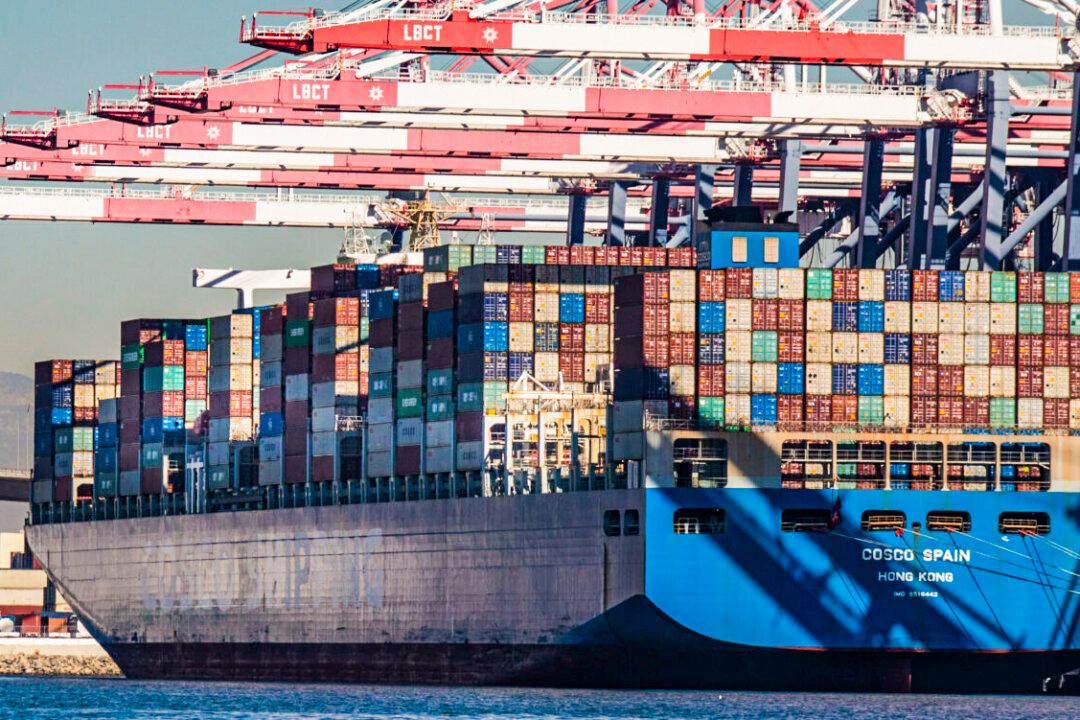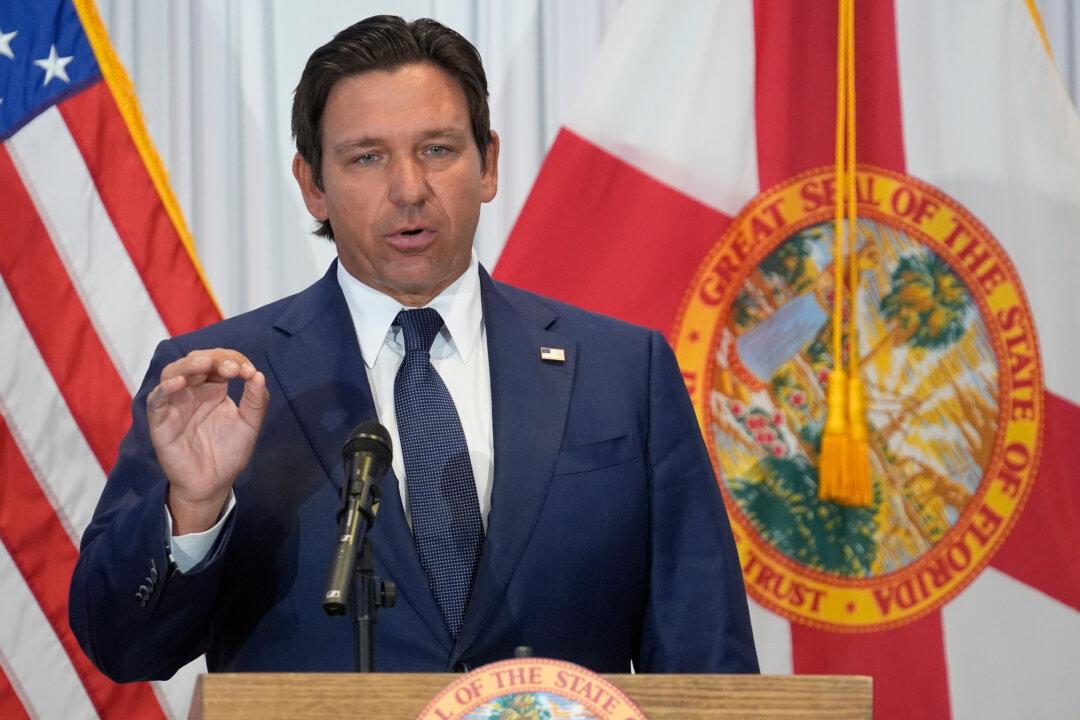California is banking on $5 billion in federal infrastructure loans to help supply chain overloads at the ports of Los Angeles and Long Beach.
California Gov. Gavin Newsom and U.S. Secretary of Transportation Pete Buttigieg announced on Oct. 28 the “Emerging Projects Agreement” that they expect will improve the capability of the ports to move goods and improve the environment at the same time.





